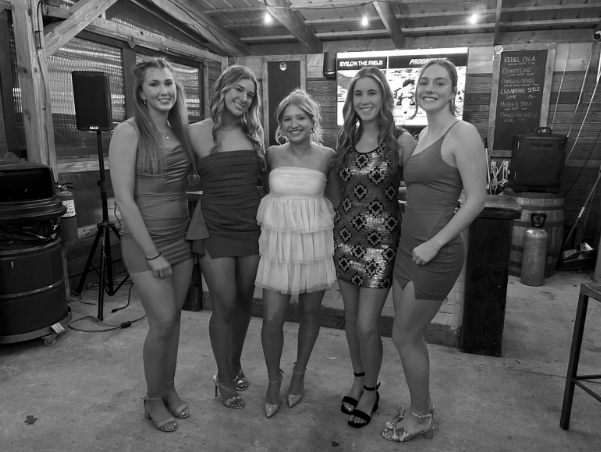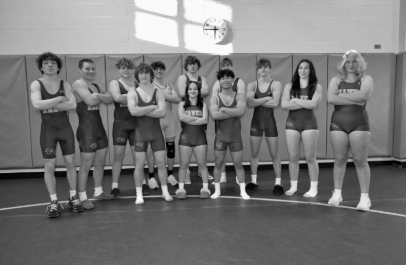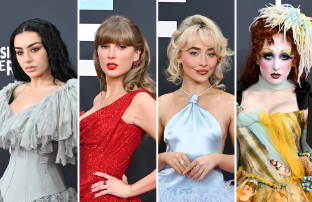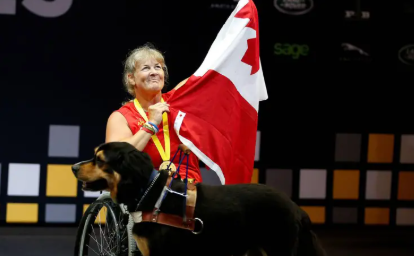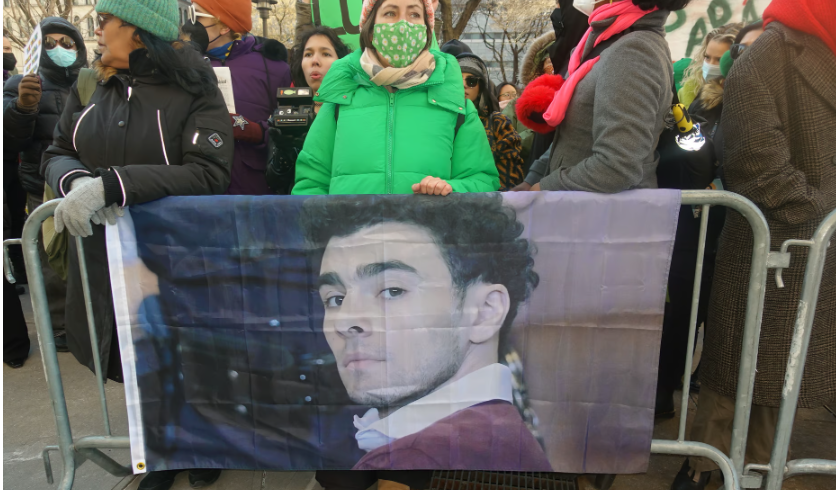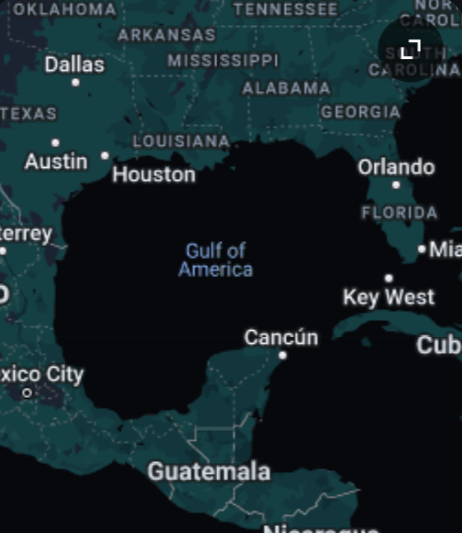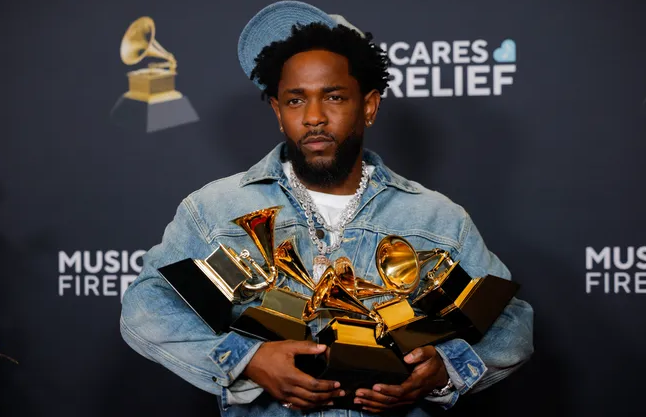Are you obsessed with your favorite actor, internet star, or musician? Some people really like their favorite celebrity, but some people may be investing a little too much time in their favorite celebrities’ lives.
“Parasocial relationships are one-sided relationships, where one person extends emotional energy, interest and time, and the other party, the persona, is completely unaware of the other’s existence,” states findapsychologist.org. This can become dangerous due to the fact that many celebrities and social media stars share lots of personal information online, causing users who take part in this one-sided relationship to feel more connected to the celebrity they share interest in.
“Just as relational maintenance is important in sustaining a relationship with our real-life friends and family, relational maintenance also occurs in parasocial relationships through events,” states findapsychologist.org. This includes things such as watching TV shows and movies that this person may be in. “Blogs and social media sites, such as Twitter, Facebook, and Instagram, increase the ease with which viewers can express their feelings. Parasocial relationships are popular within these online communities, and this may be due to the increased sense of “knowing” the personas, or the perception of parasocial interactions as having a high reward and no chance of rejection,” continues findapsychologist.org.
While there are these negative drawbacks of people becoming too involved and these relationships becoming unhealthy, there are these instances of celebrities and social media stars creating this safe space or community for their fan bases that causes this kind of positive feedback. This can include things such as increased belonging, reduced loneliness, and stronger social connections, states verywellmind.com. People tend to make these connections because humans naturally need to make them.
Verywellmind.com explains the idea of the Social-Parasocial Continuum. “On the social end of the spectrum are the people we regularly interact with in our daily lives, on the parasocial end of the spectrum are media personalities we have no access to, such as fictional characters or performers that have passed away, in between those two extremes are relationships with celebrities that one has the potential to interact with either in real-life or online.”
Parasocial interactions can also be helpful for young children, as “Some children’s television programs use the parasocial space for education, having on-screen characters pause to invite viewers’ participation” states britannica.com.
While some people may be taking this situation out of hand and becoming too immersed in lives in online figures (this may be cause for some talking with a therapist if someone were to find themself in this scenario), other parasocial relationships can bring people comfort in seeing people they can relate to online.


